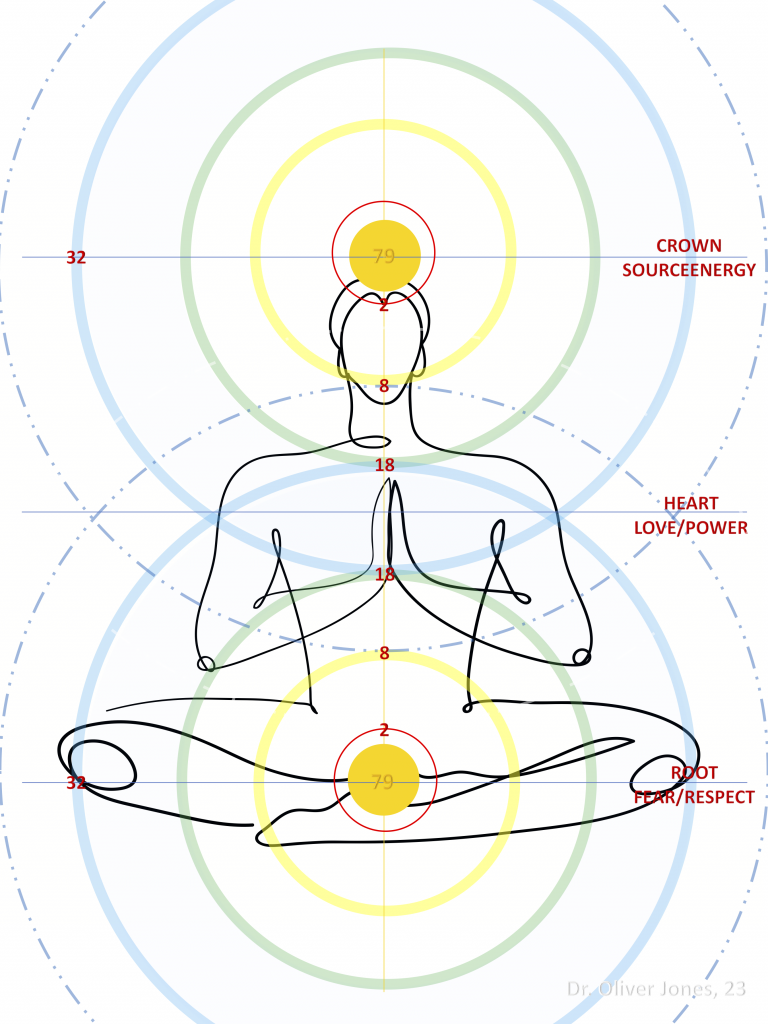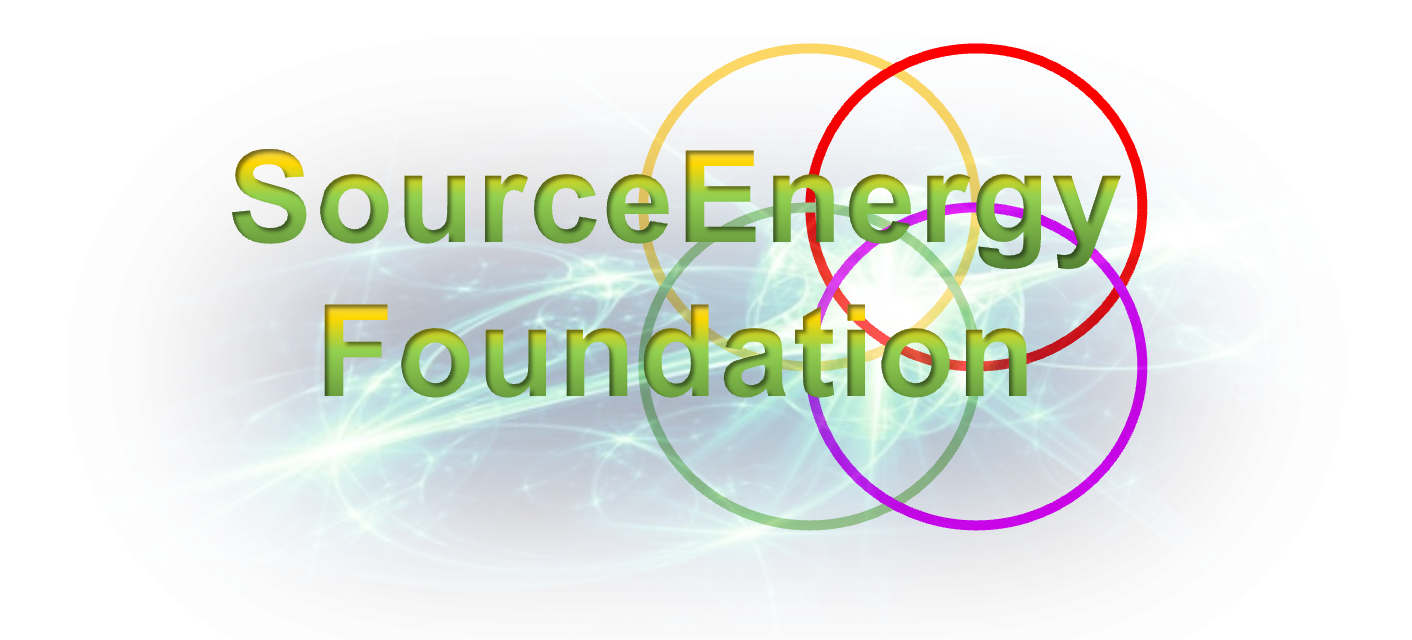Layers 14-16: Love & Global Impact
Building on the previous layers focused on community well-being and ethical considerations, Layers 14-16 add another dimension by emphasizing global impact and the overarching virtue of love. These layers are designed to align with the tenets of the Wealth Ecology Model, particularly the aspects concerning energy, technology, and community on a global scale.
Layer 14: Love
Objective:
To incorporate the principle of ‘agape’ or unconditional love in decision-making, ensuring that actions taken are humane, compassionate, and just.
Technical Components:
- Ethical Decision Trees: Algorithms incorporate ethical frameworks based on universal principles of love and compassion.
- Human-Centric Designs: Prioritizes human well-being in all its computations and outputs.
- Global Ethical Standards: Uses globally accepted ethical guidelines as a basis for decision-making.
Operational Flow:
Layer 14 integrates ethical frameworks into its algorithms, striving to ensure that decisions align with the universal principles of love, compassion, and justice.
Layer 15: Global Impact Metrics
Objective:
To measure the global impact of the system’s decisions, especially in terms of environmental sustainability, social justice, and economic equality.
Technical Components:
- Carbon Footprint Calculators: Tools to assess the environmental impact of decisions.
- Social Justice Indices: Measures the system’s impact on social fairness globally.
- Global Prosperity Metrics: Evaluates the economic effects of the system’s decisions on various global communities.
Operational Flow:
Layer 15 is tasked with quantifying the global impact of decisions made by the system, allowing for adjustments and refinements to maximize positive outcomes and minimize negative ones.
Layer 16: Striving for the Greatest Good
Objective:
To synthesize all collected data and metrics to aim for decisions that achieve the greatest good for the greatest number.
Technical Components:
- Optimization Algorithms: Uses complex computations to find the best possible outcomes.
- Multi-Criteria Decision Analysis (MCDA): Weighs various criteria in decision-making.
- Global Stakeholder Feedback: Incorporates input from global stakeholders for more rounded decisions.
Operational Flow:
Layer 16 integrates all the preceding considerations—from individual virtues to community well-being and global impact—to make decisions aimed at achieving the greatest good.
Wealth Ecology Model Alignment:
Layers 14-16 integrate principles that have wide-ranging global impacts, thereby aligning closely with the ‘Global EPC’ and ‘Capital’ aspects of your Wealth Ecology Model. They ensure that the system not only optimizes its actions for local community benefits but also takes into account its broader responsibility towards the planet and humanity as a whole.

